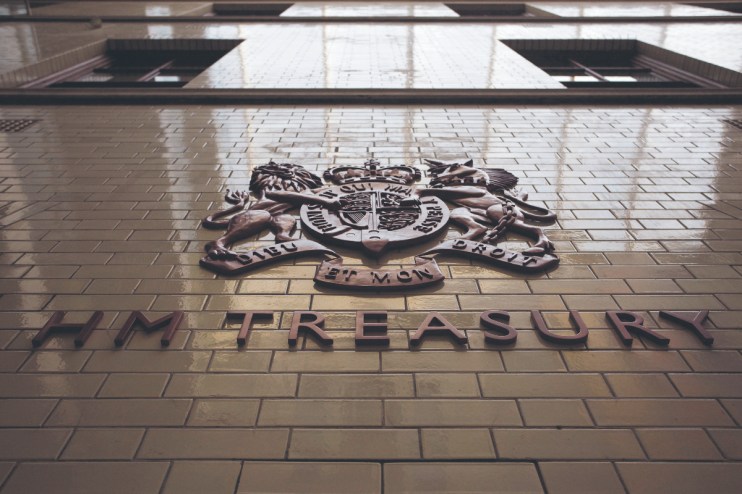Growth is easier to destroy than to build

Missions, milestones, foundations and pledges; Keir Starmer has unveiled them all since winning the election in July, but no amount of visionary rhetoric can compel an economy to grow. Since Labour’s election victory the British economy has whimpered to a halt.
GDP flatlined in July and achieved a barely perceptible nudge up in August before contracting in September and, we now know, shrinking further in October.
The Prime Minister is of course correct to say, as he did in reaction to the latest miserable growth data, that no government could turn around an economy in just a few months, but it is also correct to observe that governments are certainly capable of crushing growth.
It is easier to destroy than to build, and Labour’s funeral march through their first few months in power undoubtedly dampened confidence and deterred investment – just as City AM warned.
By the time of their first Budget, on 31 October, consumers and businesses had already battened down the hatches but the storm has only grown since then. Any time business leaders have been asked about their response to the Budget, whether by the IoD, CBI, KPMG, BDO or the Bank of England the message has been clear; employers will hire fewer people, pay them less, cut back on investment and manage as best they can with lower profits.
It’s not a recipe that points to a dynamic private sector and only a dynamic private sector can deliver real economic growth.
Turning on the public spending taps in Whitehall may create the illusion of economic growth for a year or two (a strategy on which Labour pins its hopes) but when, in the words of the IFS, that “sugar high” wears off, businesses across the country will still be licking their wounds from the tax and labour cost hikes imposed on them and they will still be wading through the bog of new job-destroying employment rights legislation.
The Bank of England, meanwhile, will likely enact fewer (or slower) rate cuts in 2025 – as a result of the lingering inflation caused by – you guessed it – the Budget and a public sector spending splurge.
It is true that the government’s more long-term reforms (to planning and infrastructure) will pay off years down the line, but when it comes to the here and now they’ve simply made things worse.
